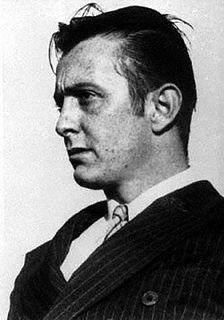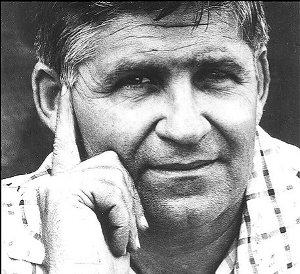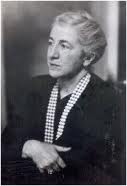A Quote by John Fante
I felt his hot tears and the loneliness of man and the sweetness of all men and the aching haunting beauty of the living
Related Quotes
All Mattia saw was a shadow moving toward him. He instinctively closed his eyes and then felt Alice’s hot mouth on his, her tears on his cheek, or maybe they weren’t hers, and finally her hands, so light, holding his head still and catching all his thoughts and imprisoning them there, in the space that no longer existed between them.
The string slices into the skin of his fingers and no matter how tough the calluses, it tears. But this beat is fast and even though his joints are aching, his arm's out of control like it has a mind of its own and the sweat tat drenches his hair and face seems to smother him, but nothing's going to stop Tom. He;s aiming for oblivion.
The completeness of this transformation appalled me. It was unlike anything I had imagined. I became two men, the serving one, and the one who panicked, who felt Negroid even to the depths of my entrails. I felt the beginings of great loneliness, not because I was a Negro, but because the man I had been, the self I knew, was hidden in the flesh of another.
I say that almost everywhere there is beauty enough to fill a person's life if one would only be sensitive to it. but Henry says No: that broken beauty is only a torment, that one must have a whole beauty with man living in relation to it to have a rich civilization and art. . . . Is it because I am a woman that I accept what crumbs I may have, accept the hot-dog stands and amusement parks if I must, if the blue is bright beyond them and the sunset flushes the breasts of sea birds?
Blue as the evening sky, blue as cranesbill flowers, blue as the lips of drowned men and the heart of a blaze burning with too hot a flame. Yes, sometimes it was hot in this world, too. Hot and cold, light and dark, terrible and beautiful, it was everything all at once. It wasn't true that you felt nothing in the land of Death. You felt and heard and smelled and saw, but your heart remained strangely calm, as if it were resting before the dance began again. Peace. Was that the word?
And yet, standing behind her son, waiting for the traffic light change, she remembered how in the midst of it all there had been a time when she'd felt a loneliness so deep that once, not so many years ago, having a cavity filled, the dentist's gentle turning of her chin with his soft fingers had felt to her like a tender kindness of almost excruciating depth, and she had swallowed with a groan of longing, tears springing to her eyes.





































